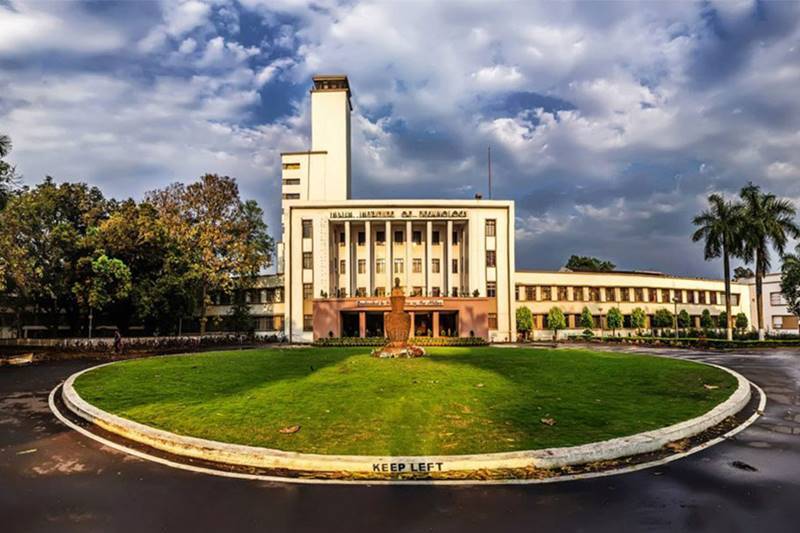In yet another case of violence against Dalit women, a man killed a 25-year-old woman after she refused to marry him. He also slashed the neighbour’s neck who tried to save the victim. Before any medical help could arrive, the victim succumbed to her injuries. The accused is absconding while the neighbour has sustained injuries on her neck, reports The Hindu.
The police took four days to find the accused, but released a statement within two hours saying the accused and victim were in an “illicit relationship”. This incident happened in broad daylight at 11.30 AM when the victim was at her work. This goes on to show how lightly violence against women, especially violence against Dalit women is taken and how we, as a society, are looking for excuses to justify the act. Irrespective of she was in a relationship with the accused or not, this heinous act must not be justified.
A solidarity Facebook page has been set up by friends of the victim demanding justice for her.
According to one of the posts on the page, the accused had been stalking the victim since four months. The victim had to change her mobile number repeatedly, but the accused continued to contact her. He is married with two children.
The post also details how broadcast media reported the story inaccurately, with unverified statements and blamed the victim for her death.
“On April 15th (Saturday), Suvarna News ran a 30-minute show called ‘FIR’, where they aired the incident. Praja TV aired a special show on April 17th (Monday). On both the shows, along with several other channels which reported the incident, it was inaccurately reported that Girish and Shobha were in a relationship. The channels alleged, without any basis or verification that Shobha was the one who initiated the relationship. They went on then to slander and blame her for her own death. Not only was the reportage ridiculous, it was a travesty of truth – flouting every single tenet the media is supposed to abide by,” said the post.
https://www.youtube.com/watch?time_continue=81&v=ncV9JKDTM2w
Similar reporting was done during the Badaun gang-rape and murder case of two Dalit teenage girls who were found hanging from a tree. The media had released photographs of the girls which were then widely shared on social media. This act was in direct violation of Section 228A of the IPC which prohibits identifying victims of sexual violence.
This Bangalore Mirror report states the victim “is said to have been unemployed.” How is this information relevant to the news and why is it being presented here? What connection does her employment or the lack of it has any connection to a man killing her in broad daylight because he thinks he is entitled to. In another sentence they write, “After her wedding was fixed, she is said to have started avoiding him.” Are they again implying that the victim had it coming?
Are they again implying that the victim had it coming?
It is imperative to analyze the language used by the media to report sexual violence, especially against women from marginalized communities. More often than not, they subtly reinforce victim-blaming attitudes by giving unnecessary and unrelated information about the woman to cast aspersions about their character, as well as release information about the victim in direct contravention of Section 228A.
The victim’s friends are holding a protest on Sunday, April 22 at Bangalore Town Hall at 3 PM IST. Join the protest here.
About the author(s)
Japleen smashes the patriarchy for a living! She is the founder-CEO of Feminism in India, an award-winning digital, bilingual, intersectional feminist media platform. She is also an Acumen Fellow, a TEDx speaker and a UN World Summit Young Innovator. Japleen likes to garden, travel, swim and cycle.




